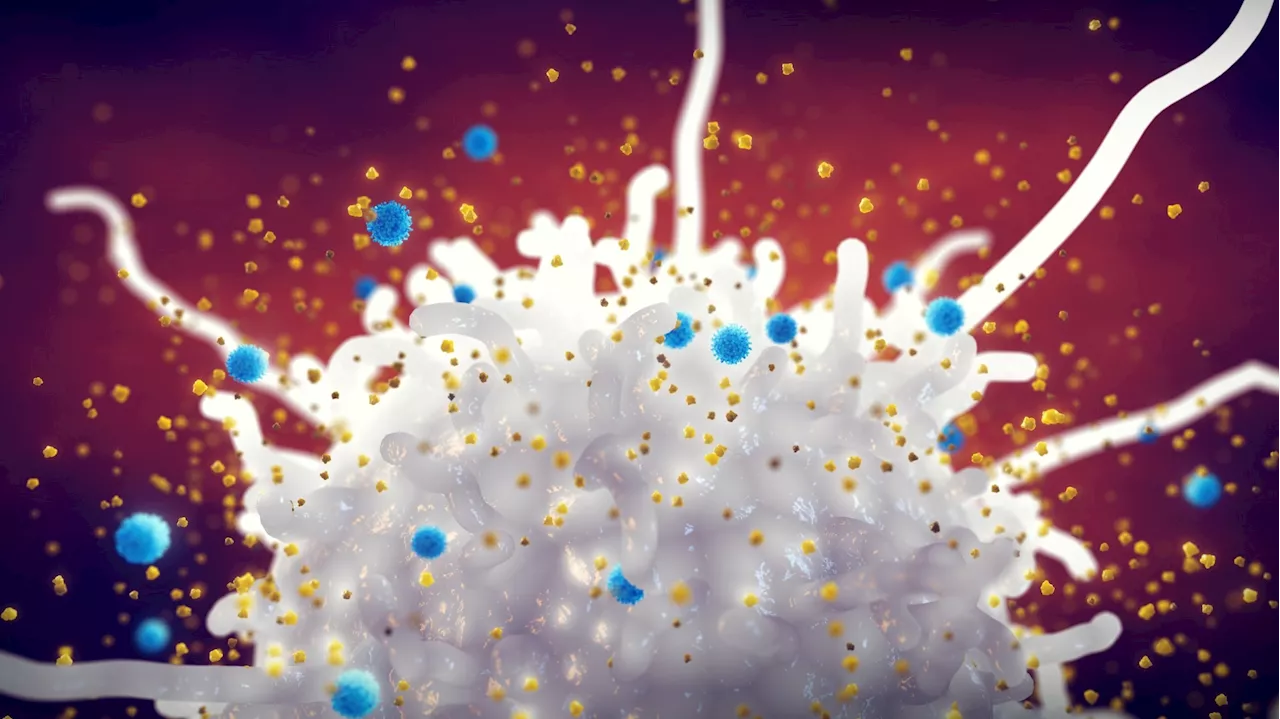Researchers developed a quick and affordable whole-blood assay to detect autoantibodies against type I IFNs, enabling rapid diagnostics for immune disorders. This new method has potential clinical impact by addressing key limitations of current tests.
By Tarun Sai LomteReviewed by Susha Cheriyedath, M.Sc.Sep 25 2024 New whole-blood assay for detecting immune autoantibodies promises to revolutionize diagnostics, offering rapid, cost-effective solutions to detect inborn errors of immunity and neutralizing antibodies against type I interferons.
Autoantibodies against type I IFNs were first described in a patient with disseminated shingles in the early 1980s. They were long believed to be clinically silent, and their discovery in autoimmune polyendocrine syndrome type 1 patients led to their use as a diagnostic marker for APS-1. Currently, in vitro cell-based assays are available for detecting auto-Abs against type I IFNs.
Other tested molecules had poor induction. At the transcriptomic level, bulk RNA sequencing confirmed strong induction of CXCL10 expression in fresh peripheral blood mononuclear cells tested six hours after stimulation. Further, stimulation with IFN-β induced high IP-10, but stimulation with IFN-ω had a less pronounced induction of IP-10 relative to IFN-β or IFN-α2. Further, fresh PBMCs from three healthy donors were stimulated with IFN-α2, followed by bulk RNA sequencing .
Next, the researchers collected blood samples from five APS-1 patients and nine healthy individuals and stimulated them with IFN-α2, IFN-β, or IFN-ω. IP-10 levels were measured 16 hours after stimulation. The team observed robust induction of IP-10 in samples from healthy donors. Conversely, IP-10 induction was abolished in APS-1 patients after stimulation with IFN-ω or IFN-α2, revealing the neutralizing activity of auto-Abs in patients.
The previously observed neutralization data of these subjects were replicated using the whole-blood IP-10 assay. Finally, the researchers investigated the impact of genetic deficiency on type I IFN response. To this end, fresh blood from patients with complete IFN regulatory factor 9 , tyrosine kinase 2 , IFN-α/β receptor 1 , or IFNAR2 deficiency were stimulated.
Blood Allele Antibodies Assay Cell CXCL10 Diagnostic Diagnostics Genetic Immunity In Vitro Interferons Kinase Labor RNA RNA Sequencing Shingles Syndrome
United Kingdom Latest News, United Kingdom Headlines
Similar News:You can also read news stories similar to this one that we have collected from other news sources.
 Researchers find e-cigarette use disrupts the nasal microbiomeThe nose plays more roles than merely allowing us to smell and shaping our facial profiles. It also acts as a gatekeeper for the respiratory tract, capable of preventing bacteria and other pathogens from leaving the nasal passage and taking up residence in the lungs.
Researchers find e-cigarette use disrupts the nasal microbiomeThe nose plays more roles than merely allowing us to smell and shaping our facial profiles. It also acts as a gatekeeper for the respiratory tract, capable of preventing bacteria and other pathogens from leaving the nasal passage and taking up residence in the lungs.
Read more »
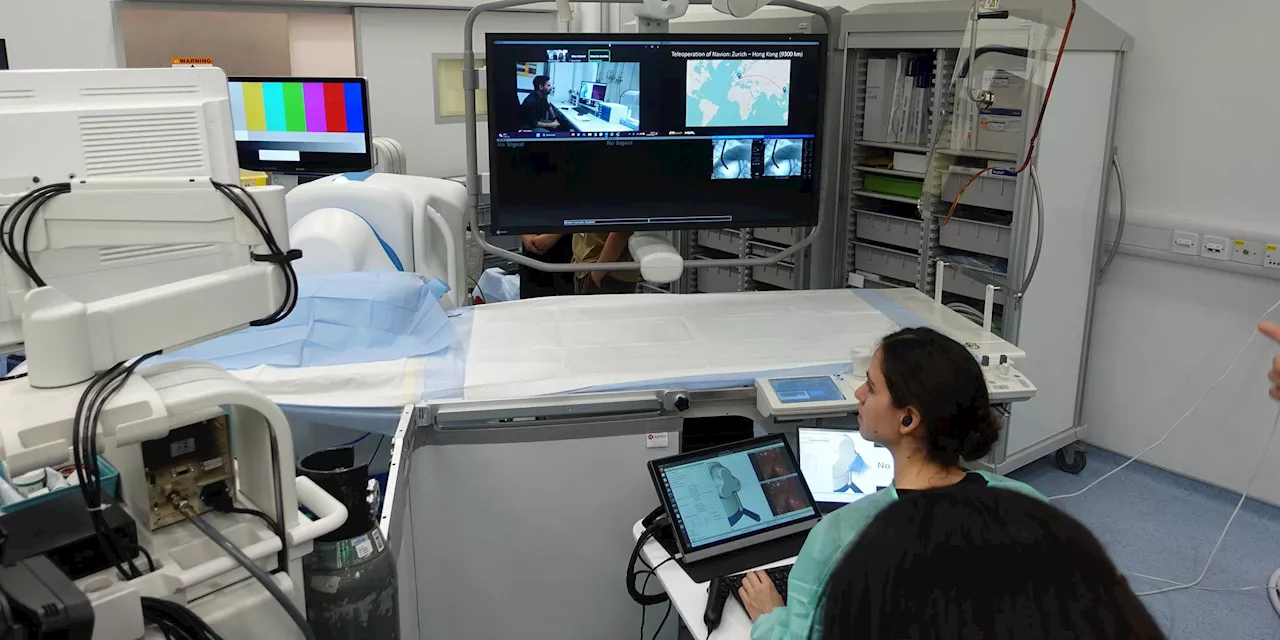 Researchers in Zurich successfully perform remote magnetic endoscopy on a live pig in Hong KongResearchers at ETH Zurich and The Chinese University of Hong Kong have succeeded for the first time in using remote control to perform a magnetic endoscopy on a live pig. The researchers controlled the probe from Zurich while the animal was on the operating table in Hong Kong.
Researchers in Zurich successfully perform remote magnetic endoscopy on a live pig in Hong KongResearchers at ETH Zurich and The Chinese University of Hong Kong have succeeded for the first time in using remote control to perform a magnetic endoscopy on a live pig. The researchers controlled the probe from Zurich while the animal was on the operating table in Hong Kong.
Read more »
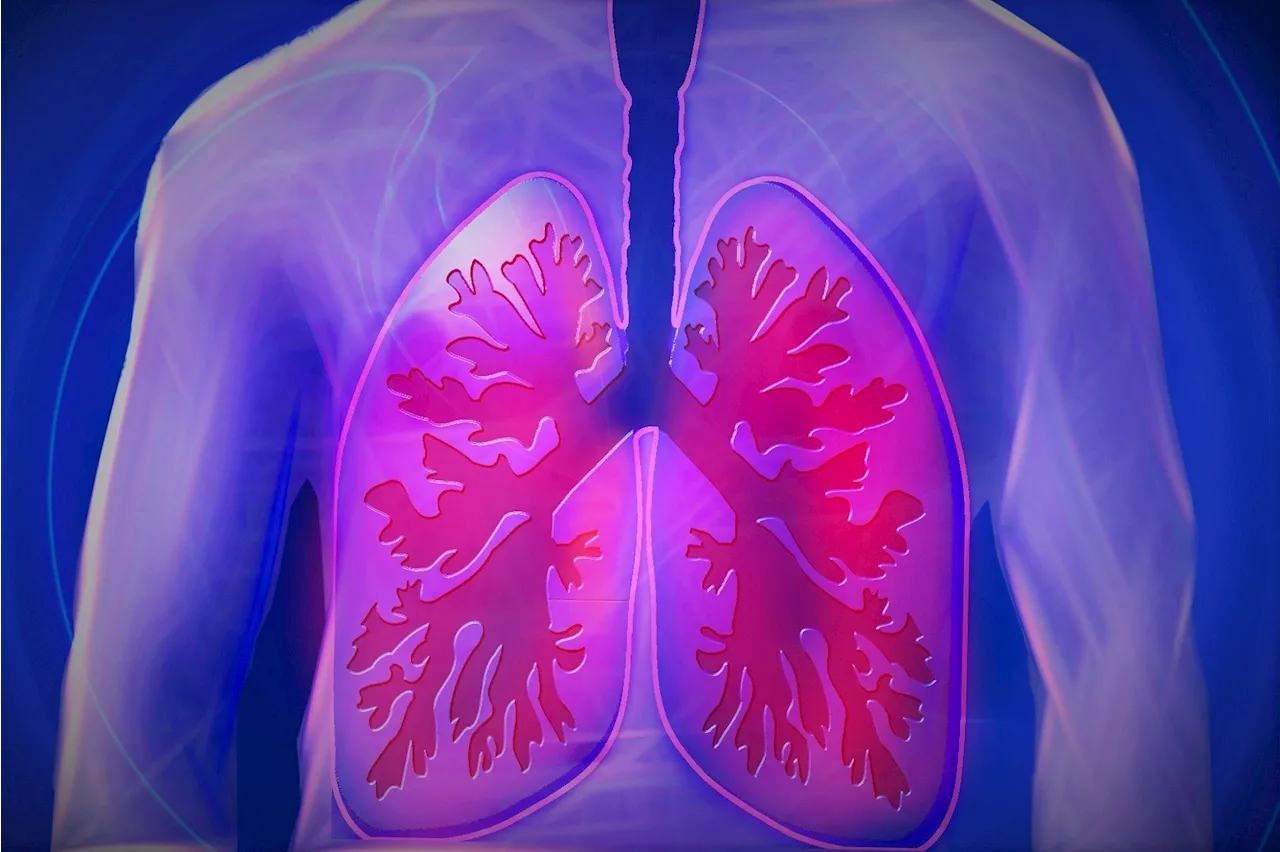 Researchers identify immune profile for lung disease caused by allergic reactionFibrotic hypersensitivity pneumonitis is a chronic and progressive interstitial lung disease, caused by an immune response to inhaled foreign antigens or allergens.
Researchers identify immune profile for lung disease caused by allergic reactionFibrotic hypersensitivity pneumonitis is a chronic and progressive interstitial lung disease, caused by an immune response to inhaled foreign antigens or allergens.
Read more »
 Roads not more dangerous when cyclists allowed to roll through stop signs, researchers suggestCyclists rolling through stop signs isn't safety risk
Roads not more dangerous when cyclists allowed to roll through stop signs, researchers suggestCyclists rolling through stop signs isn't safety risk
Read more »
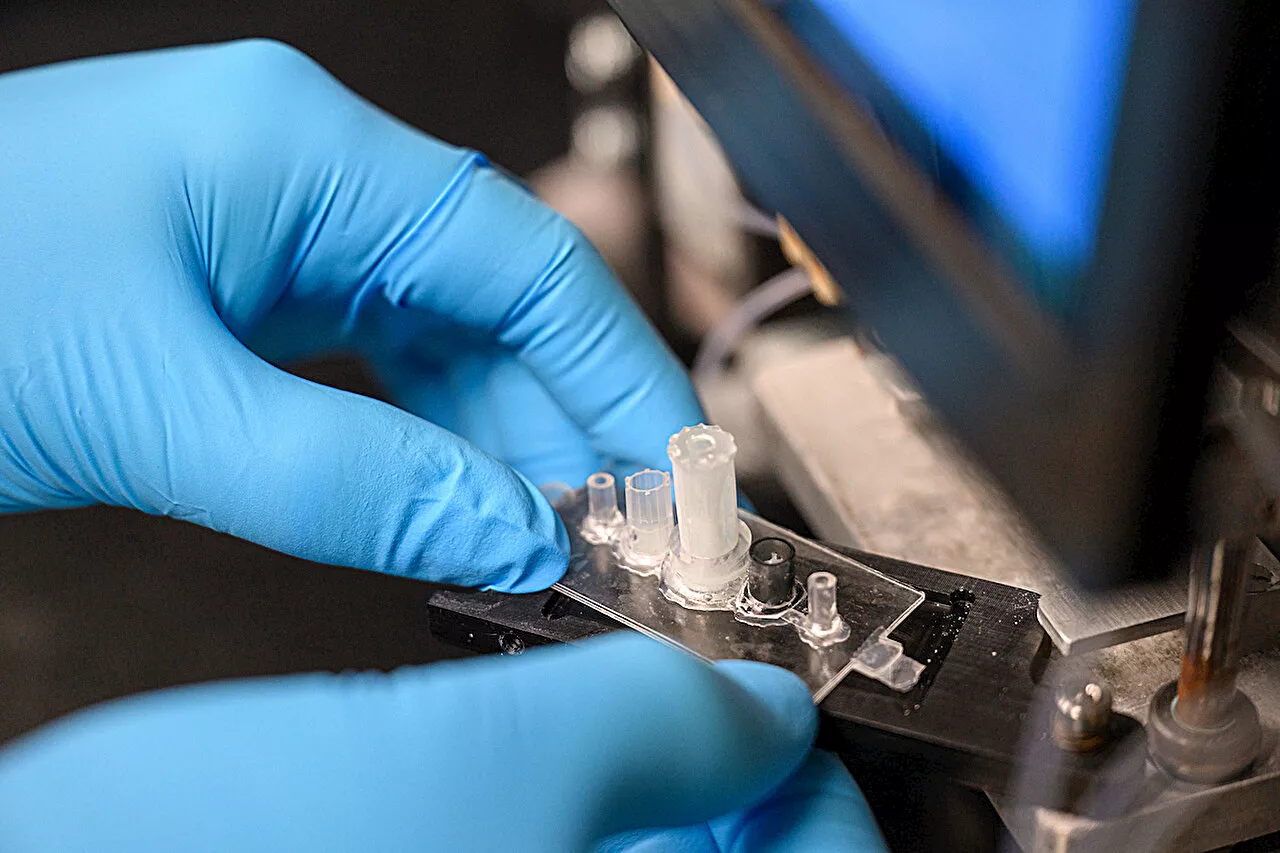 Researchers develop affordable, rapid blood test for brain cancerResearchers at the University of Notre Dame have developed a novel, automated device capable of diagnosing glioblastoma, a fast-growing and incurable brain cancer, in less than an hour. The average glioblastoma patient survives 12–18 months after diagnosis.
Researchers develop affordable, rapid blood test for brain cancerResearchers at the University of Notre Dame have developed a novel, automated device capable of diagnosing glioblastoma, a fast-growing and incurable brain cancer, in less than an hour. The average glioblastoma patient survives 12–18 months after diagnosis.
Read more »
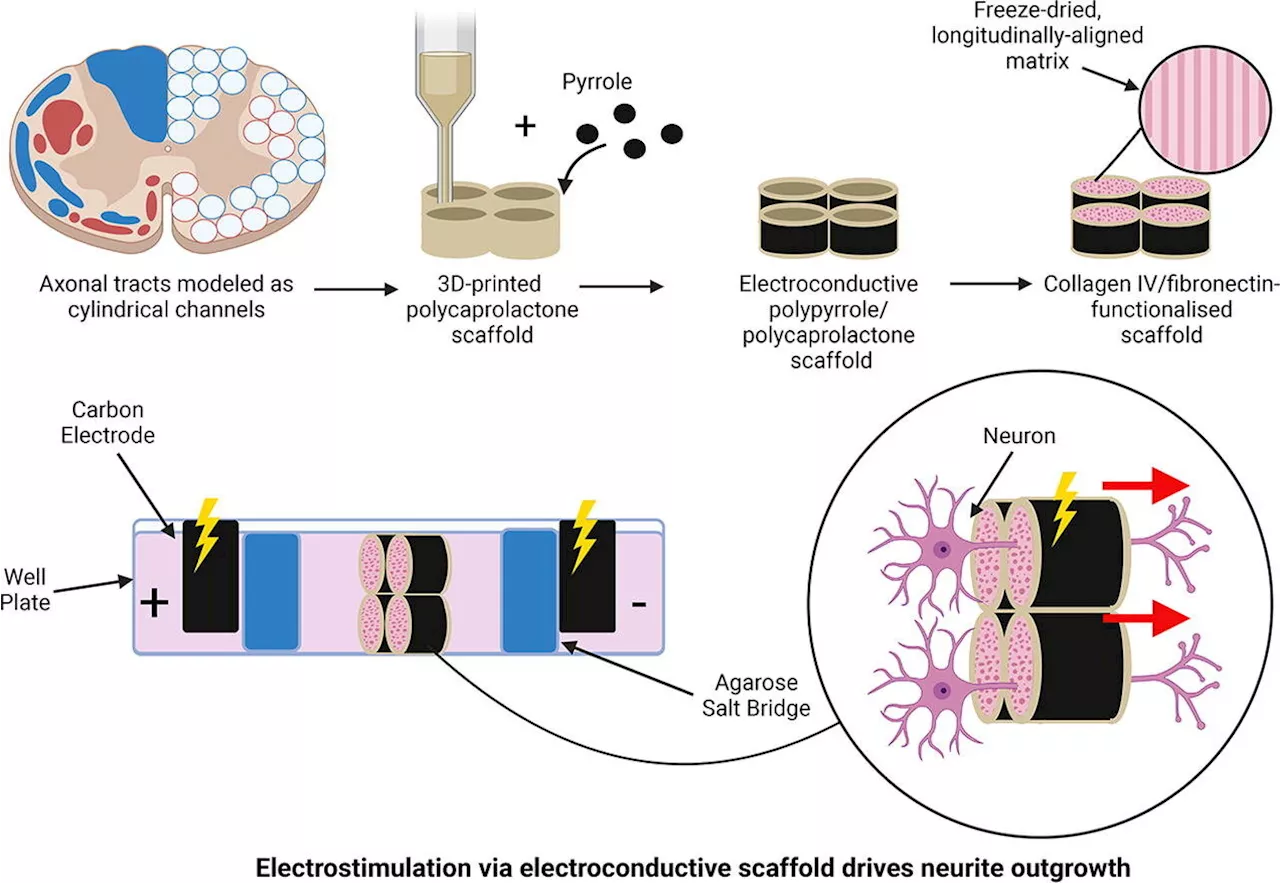 Researchers develop new implant to power healing after spinal cord injuryA research team at RCSI University of Medicine and Health Sciences has developed a new implant that conveys electrical signals and may have the potential to encourage nerve cell (neuron) repair after spinal cord injury.
Researchers develop new implant to power healing after spinal cord injuryA research team at RCSI University of Medicine and Health Sciences has developed a new implant that conveys electrical signals and may have the potential to encourage nerve cell (neuron) repair after spinal cord injury.
Read more »
